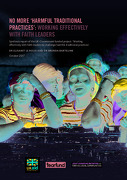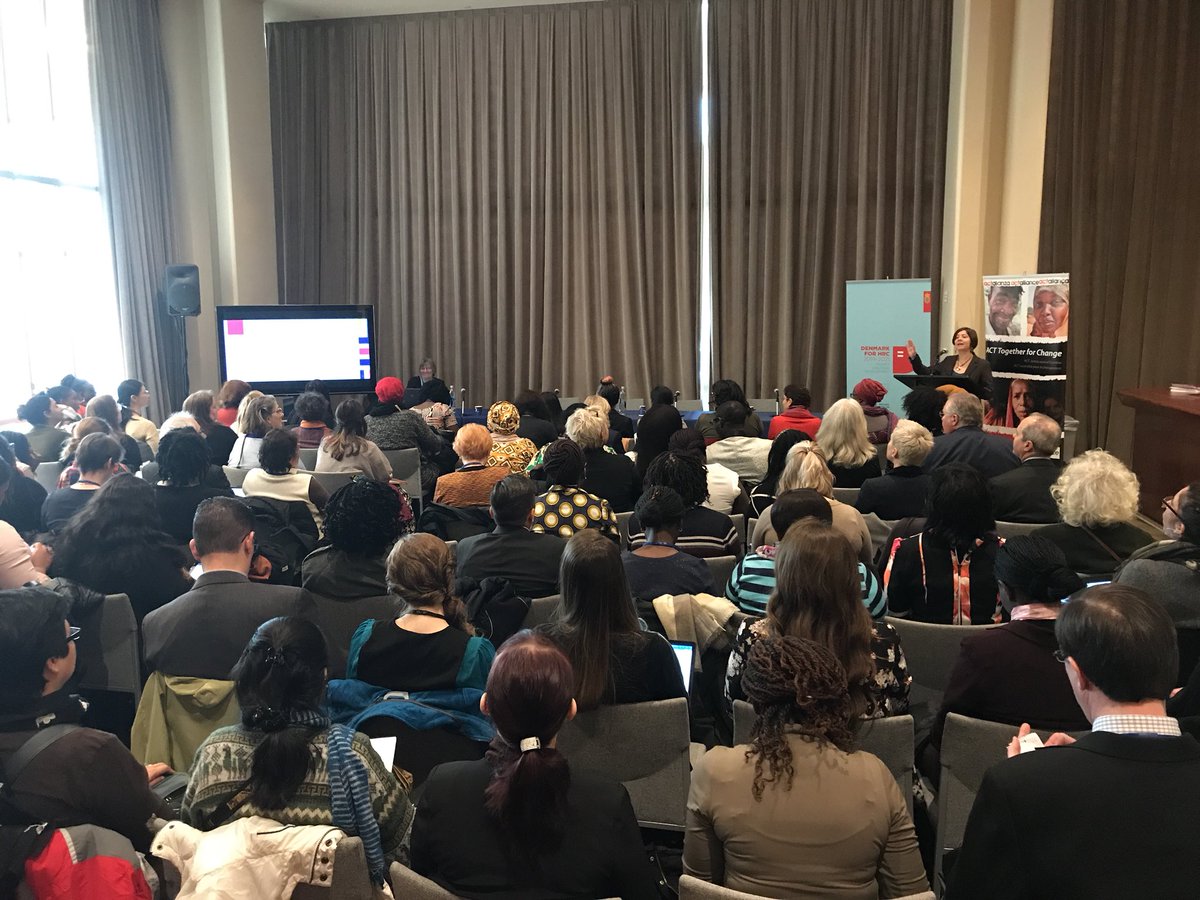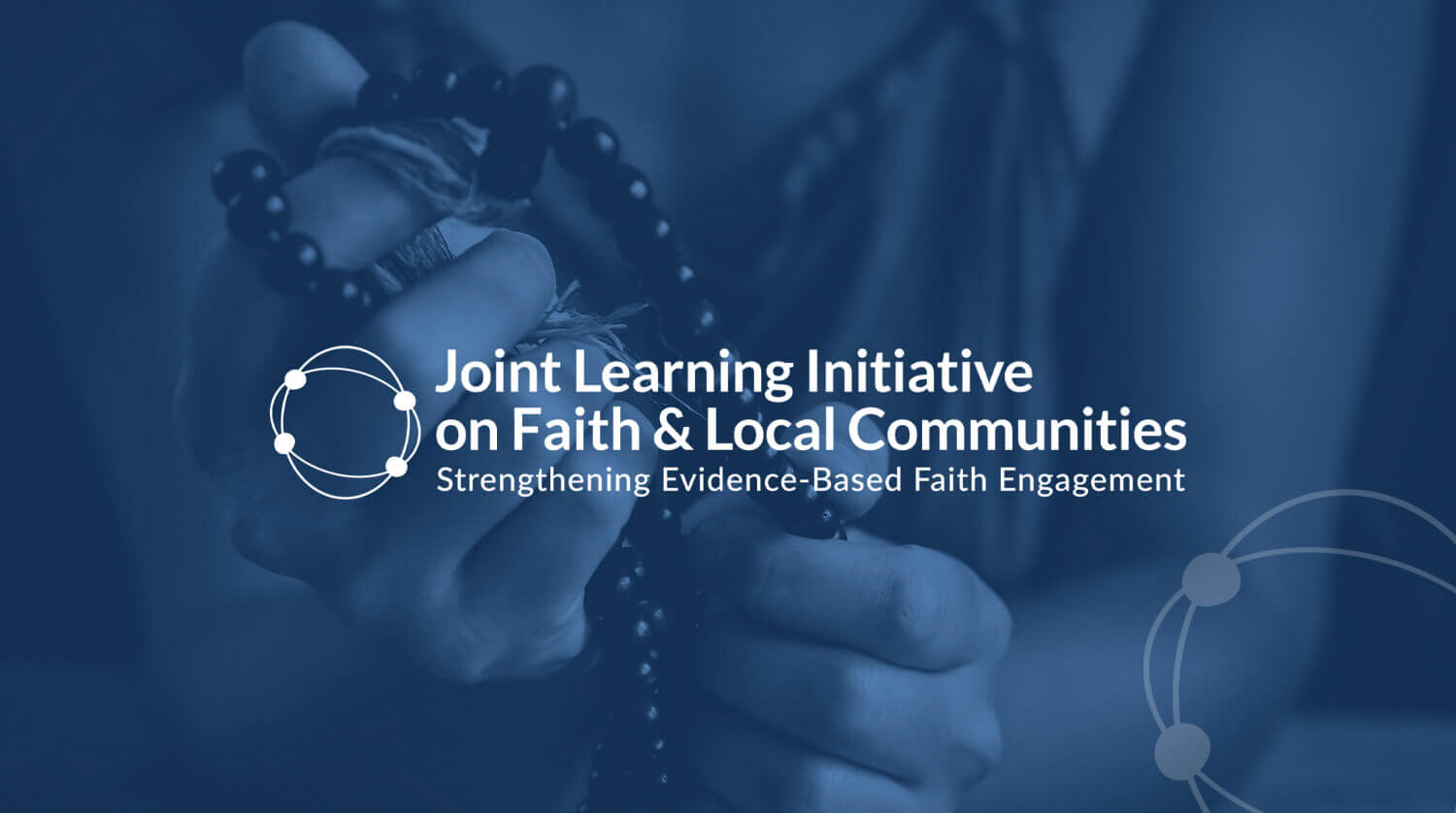Developing Effective Partnerships Between Faith and Secular Actors to Challenge Discriminatory Gender Norms and Secure Rural Women’s Rights
The session opened with opening remarks from the Permanent Representative of Denmark to the United Nations, H.E Ambassador Ib Petersen
Followed by a presentation from Dr Selina Palm – Researcher, Faculty of Theology, Stellenbosch University, South Africa on the recent JLI GBV Hub study funded by UK-Aid on Harmful Traditional Practices and engaging faith leaders to challenge social norms and discriminatory gender practices. Highlighting the need to engage with diverse voices and experiences. Creating safe spaces for diverse opinions in bringing faith voices and secular voices together to address discriminatory gender norms. Further both a public health and a theological approach are needed to address traditional practices that can be harmful to women and girls.
Researchers Leads:
- Dr Elisabet le Roux is the Research Director at the Unit for Religion and Development Research
- Dr Brenda Bartelink is an anthropologist and scholar in the Academic Study of Religion at the University of Groningen, The Netherlands
Lessons Learned from the project
Highlighted Case Studies: ABAAD, Christian Aid, Islamic Relief, Tearfund, World Vision
Relevant Resource:

________________________________________
Sharing best practices panel
 Barbara Kalima-Phiri – Gender and Inclusion Programme Lead, World Vision International, shared about Channel’s of Hope model mobilizing faith leaders in communities for change. Because of their trust, influence and respect, they became interlocutors for empowering in the church and wider community
Barbara Kalima-Phiri – Gender and Inclusion Programme Lead, World Vision International, shared about Channel’s of Hope model mobilizing faith leaders in communities for change. Because of their trust, influence and respect, they became interlocutors for empowering in the church and wider community
- Relevant Resource: Channels of Hope Brief
Duretti Haji– Programme Manager, Islamic Relief Ethiopia, shared their experience with addressing FGM and forced early marriage in pastoral communities in Ethiopia and the importance of engaging men.
- Relevant Resource: Lessons Learnt from Somali Regional State of Ethiopia- Combating GBV
Kidist Belayneh – Head of Programmes, Norwegian Church Aid (NCA), Ethiopia
- Spoke on NCA’s program development in Ethiopia engaging the Coptic Orthodox Church and Evangelical Church. NCA’s engagement model started with faith leadership engaging in theological reflection and committing to change.
- Relevant Resource: Concerted Efforts of FBOs to Abandon FGM & CEFM in Ethiopia
Irene Anena – Programme Officer, Church of Uganda
- Spoke on the Church of Uganda’s program involving advocacy and media, engaging in policies around FGM, domestic violence and marriage. Using the pulpit as a place to give context and other church events for further outreach. Also acknowledging the challenges of working with multiple ethnicities, limited capacity of faith leaders, different interpretations of texts and limited financial resources of the church.
- Relevant Resource: Anglican Church of Uganda: A Training Handbook For Religious Leaders And Church Institutions Christian-Based Approach on HIV, GBV, Maternal Health, Reproductive Health
Reverend John Joseph Hayab – Faith Leader, Nigeria, acknowledged that harmful practices are not just a Muslim problem, but a Christian problem as well. To address this, the Church in Nigeria uses Muslim and Christian sacred texts to start discussions through the Collective Action for Adolescent girls initiative in Kaduna State.
- Relevant Resource: Improving the Choices and Opportunities for Adolescent Girls
Moderator: Nyaradzayi Gumbonzvanda – Founder & Chief Executive of Rozaria Memorial Trust
________________________________________
Mapping the way forward: building strong partnerships between faith and secular development actors to challenge discriminatory gender norms and practices
Natalia Lester-Bush – JLI GBV Hub Secretariat Coordinator moderated the final panel and highlighted social mapping research by Queen Margaret University on a Tearfund social connections program in conflict situations as evidence for the invaluable role of Faith Leaders and the trust conflict-affected and displaced communities place in them.
Panelist Dr Azza Karam – Senior Advisor on Culture and Social Development,UNFPA, shared about lessons learned from their engagement since the inception of the Interagency Task Force on Religion and Development. Diana Arango – Senior GBV and Development Specialist, World Bank Group and JLI GBV Hub Co-Chair, shared about lessons learned from World Bank projects addressing gender-based violence and the need to engage local actors to create sustainable solutions. While Dionne Gravesande – Senior Ecumenical Relations Manager, Christian Aid, shared about Christian Aid’s work in Zimbabwe Council of Churches and ending forced early child marriage and gender-based violence. Lastly, Selina Palm, Stellenbosch, shared on behalf of ABAAD on their work with faith-based actors in Lebanon.






